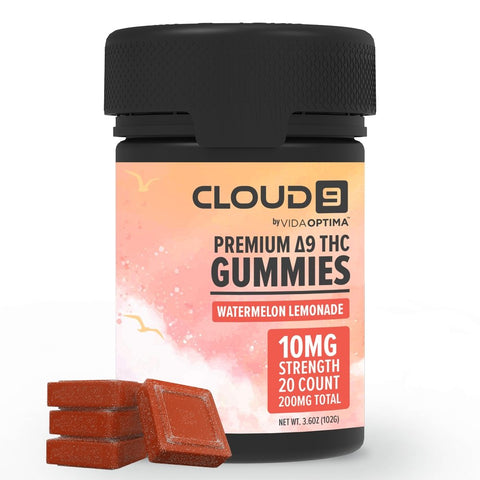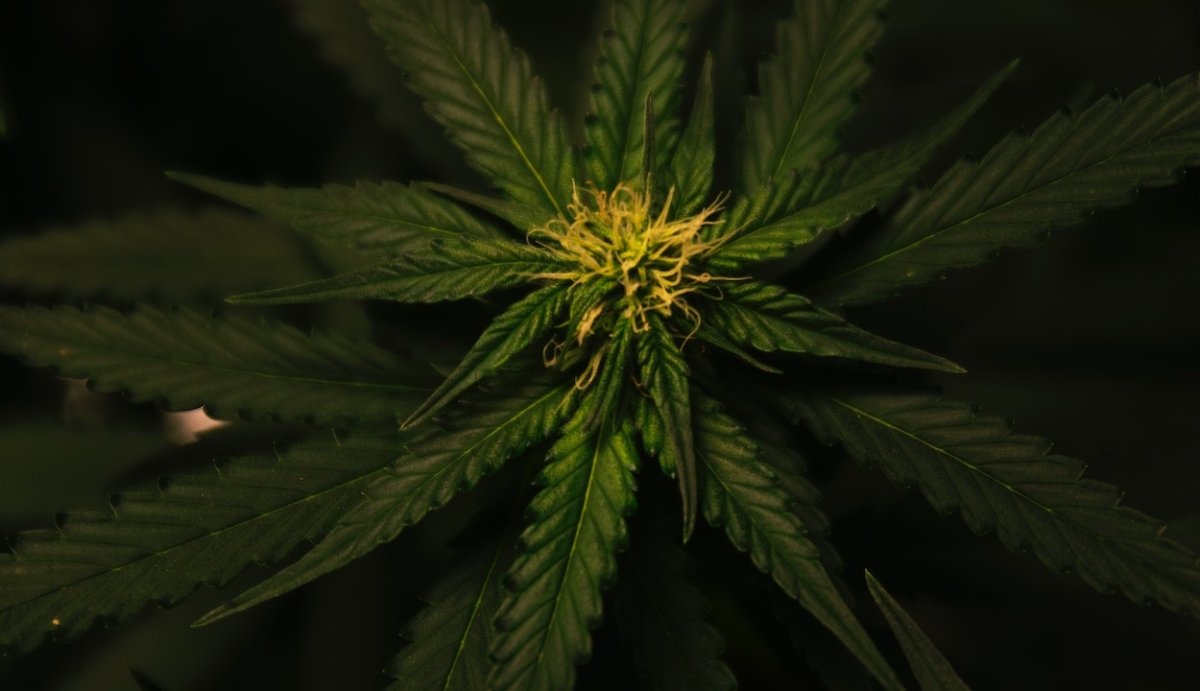Your Cart is Empty
FREE SHIPPING ON ALL ORDERS $75+
THCA, or tetrahydrocannabinolic acid, is one of many compounds found in cannabis plants–but it’s catching the public eye lately due to it’s increased legality and purported versatility. The compound, which is non-psychoactive in it’s raw form, transforms to THC when heated, and in both forms it has many potential benefits.
As a result, many people are curious about its potential benefits and side effects, as well as its legal status. In this article, we'll break down what THCA is, it’s current legal status and potential benefits, as well as the THCA side effects to be aware of.
Ready? We’ll start with the basics:
Table of Contents
What is THCA?
Potential Benefits of THCA
THCA Side Effects
How to Use THCA
Conclusion

THCA is a precursor to the cannabinoid THC, the well-known psychoactive compound found in cannabis. In its natural state, the cannabis plant doesn't contain THC–it contains only THCA. When cannabis is heated or undergoes a process known as decarboxylation, THCA converts into Delta-9-THC, the compound responsible for the euphoric "high" associated with marijuana.
THCA is typically found in the raw, unheated cannabis plant, especially in the leaves and flowers. It's important to note that THCA doesn't produce the intoxicating effects associated with THC. That doesn’t mean that it doesn’t offer any other benefits, though.
In fact, it’s lack of psychoactive effects may be a benefit in itself, especially if THCA is capable of providing similar therapeutic effects to THC without the high.
Let’s take a look:
While research on THCA is still in its early stages, there is some promising evidence suggesting potential health benefits:
These potential benefits make THCA an area of active research and exploration.
As with any substance, it's essential to be aware of potential side effects. While THCA is generally considered safe, individuals should be mindful of the following:
Because THCA may potentially induce some of the same side effects of THC, here are other potential THCA side effects you should be aware of:
It's crucial to consult a healthcare professional before incorporating THCA into your wellness routine, especially if you have any underlying health conditions.
The legal landscape surrounding THCA is complex and varies from region to region. In some places, THCA is considered a controlled substance due to its association with cannabis. However, as research progresses and understanding of its potential benefits deepens, some jurisdictions are revisiting and reevaluating its legal status.
In the U.S., THCA obtained from hemp plants (containing less than 0.3% THC) is often considered legal, aligning with broader hemp-related laws. However, understanding the source is crucial because THCA derived from marijuana is a Controlled Substance and is only legal to purchase at state-licensed dispensaries.
Read about hemp THC laws to learn more.

Utilizing THCA can be an exciting addition to your wellness regimen, and there are several creative ways to integrate it into your daily life. Here are some popular methods:
THCA, while relatively lesser-known than its counterpart THC, holds promise in the realm of health and wellness. Research into its benefits and effects is ongoing, and we're only beginning to scratch the surface of its potential.
Remember, if you're considering incorporating THCA into your health regimen, it's essential to consult with a healthcare professional to ensure it's suitable for you and won't interfere with any existing medications or conditions.

Looking for hemp THC products you can order online (with discreet shipping to your door)? Check out our Elev8 (Delta-8-THC) and Cloud9 (Delta-9-THC) Collections. All Vida Optima products are 100% Farm Bill compliant and made from high-quality, pesticide-free hemp material. Try our gummies, sublingual edibles, and concentrate vapes for a smooth and steady lift into space.
Comments will be approved before showing up.



